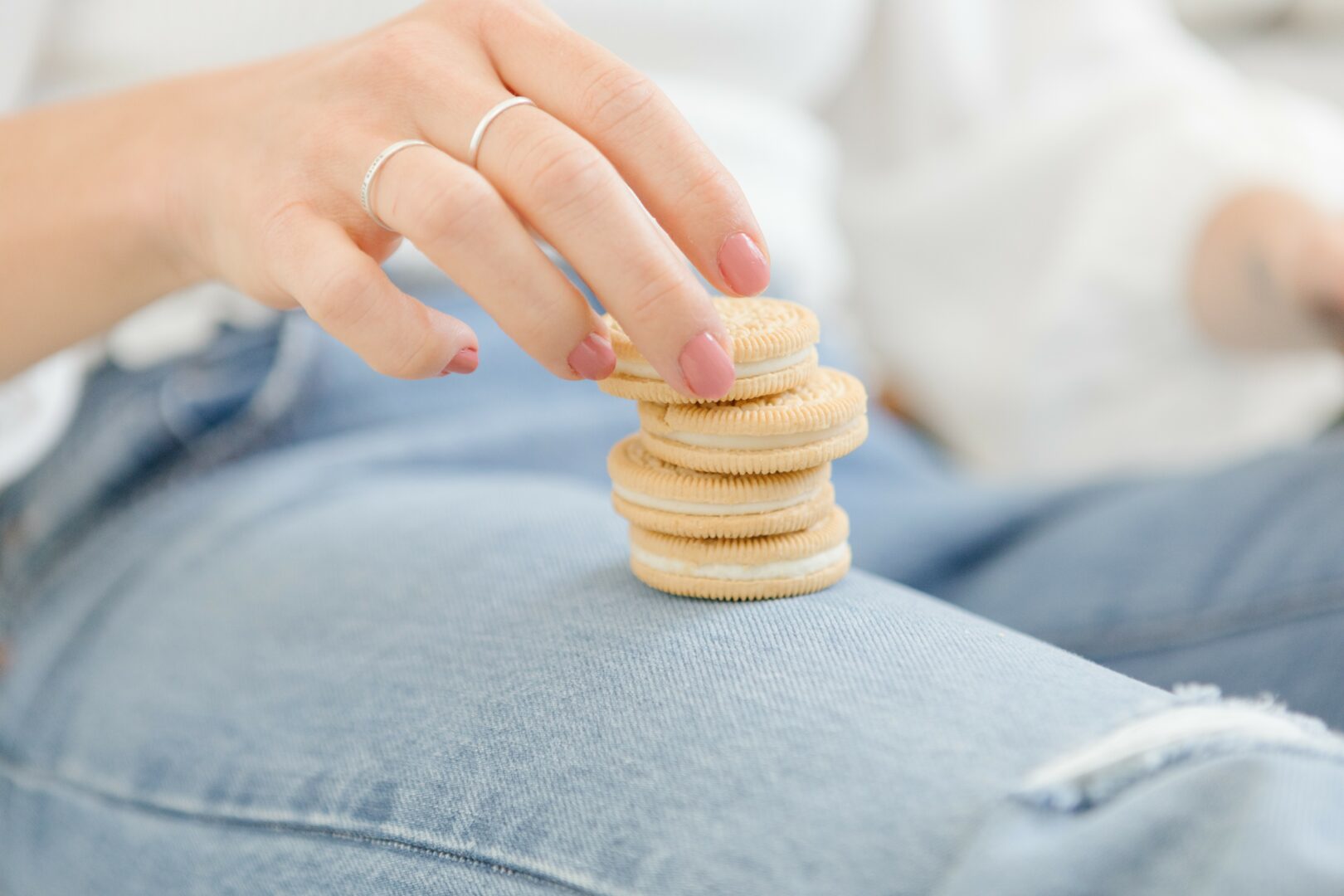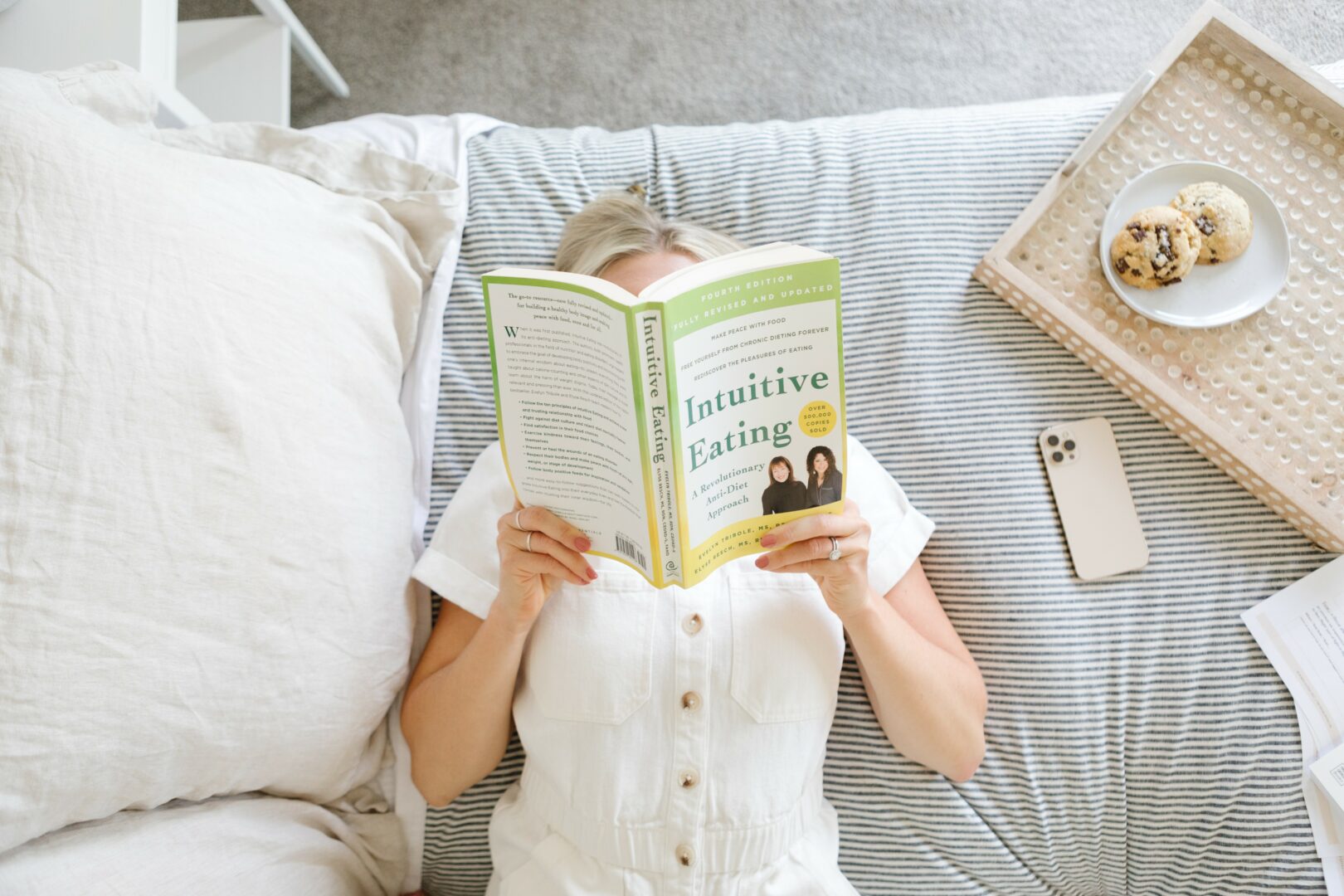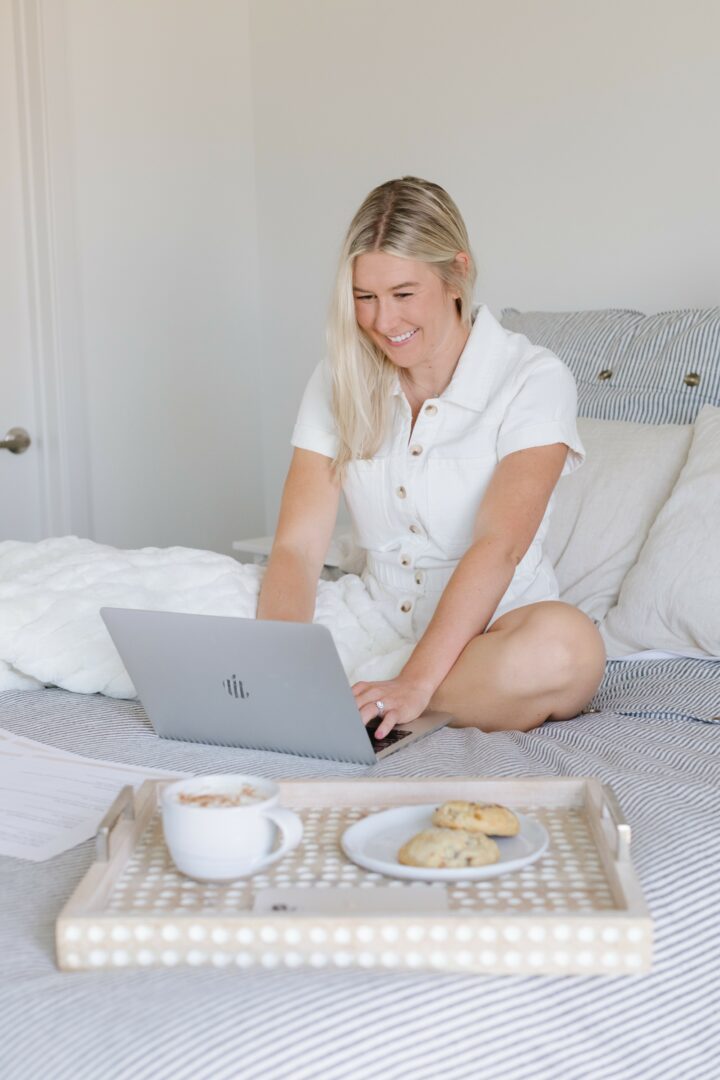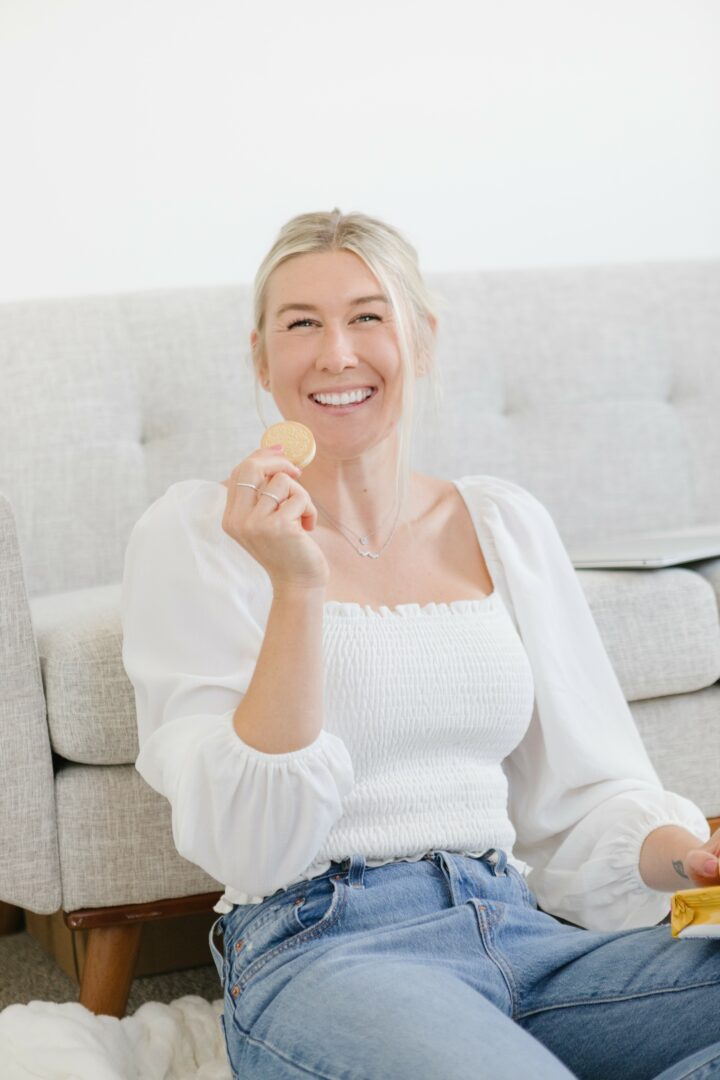We were lucky to catch up with Ryann Nicole recently and have shared our conversation below.
Hi Ryann, we’re so appreciative of you taking the time to share your nuggets of wisdom with our community. One of the topics we think is most important for folks looking to level up their lives is building up their self-confidence and self-esteem. Can you share how you developed your confidence?
I used to think confidence would arrive once I hit the milestone.
The promotion. The plan. The body.
I believed confidence was something you earned, like a reward for effort. A badge for being disciplined enough, successful enough, in control enough. I thought if I just did enough, then I’d finally feel enough. So I did what I always did: I chased the next thing. I hit the goal. I stuck to the plan. I shrunk my body. I pushed through. I collected achievements like proof of worth.
And still, nothing.
Worse than nothing, actually because after all that striving, I was still confused. “Wait… was that not the thing?” I kept looking for confidence in the rearview mirror of my accomplishments, and it never showed up. I was doing everything “right,” and yet somehow, I still felt wrong.
What I didn’t understand back then is that confidence doesn’t come after the fact. It builds in the middle. It’s not, “I’ve got this.” It’s, “Even if I don’t, I’ll figure it out.” And that shift didn’t happen in one big breakthrough, it happened slowly, in all the small, messy, ordinary moments no one sees.
For me, confidence started with a whisper: “I don’t know how this will go… but I’m willing to try.” It looked like re-recording a 60-second video 37 times because I couldn’t stand the sound of my own voice. It looked like hovering over the “send” button on a newsletter, then pacing around the kitchen afterward wondering if I’d said too much. It looked like saying something out loud in a group when every part of me wanted to stay silent and small.
Little by little, it became a pattern: write the thing, say the truth, show up again.
It wasn’t a transformation montage. It was a relationship. Built through reps. Built through repair.
Self-esteem thought, oooh that one took longer to understand.
Because self-esteem is… squishier. It changes depending on the day, the moment, the hormones, the lighting, the tone of your mom’s text. I used to think that meant I was weak. That real self-esteem was supposed to be solid. Bulletproof.
But now I think real self-esteem is elastic. It stretches. It contracts. It moves. But it doesn’t snap.
And the more I worked on worth—the deeper, steadier knowing that I’m valuable whether or not I impress anyone—the less my self-esteem had to perform. I stopped outsourcing my okayness to things that couldn’t actually hold it. The job. The jeans. The follower count. The scale. The praise.
What I’ve really learned is that confidence and self-esteem are less about feeling good all the time and more about staying with yourself no matter how you feel. Less about proving your value, and more about knowing it. Less about arriving, and more about returning. Again and again. Especially on the days you doubt yourself the most.

Great, so let’s take a few minutes and cover your story. What should folks know about you and what you do?
I’m a licensed therapist, and my work centers around helping women stop spiraling and start living. Most of the women I work with are smart, high-achieving, and really good at being hard on themselves. My job is to help them stop treating their lives like projects to fix.
I run a self-paced coaching program called Binge Eating Unchained, which is designed to help women stop obsessing over food, feel better in their bodies, and actually enjoy a meal without overthinking it to death. It’s equal parts psychology, nervous system, and permission slip.
I also host a podcast where I talk about all of it—control, shame, food noise, perfectionism, and what it actually looks like to build peace that lasts longer than a good week.
I’m in the process of writing my first book (out next year!), and while I can’t say much yet, I will say it’s for anyone who’s ever felt like their brain is one big food spreadsheet.
At the core of everything I do is this: helping women let go of control and get back to their lives.

If you had to pick three qualities that are most important to develop, which three would you say matter most?
Looking back, the three biggest things that moved the needle for me were boring, kind of annoying, and absolutely everything.
1. Learning how to sit with discomfort instead of fixing it.
Not every uncomfortable moment needs a solution. Early on, I was a chronic problem-solver (read: over-controller). But real peace came when I stopped asking, “How do I get out of this?” and started asking, “Can I stay with myself in this?” If you’re early in your journey, practice tolerating the urge to fix. Let the discomfort breathe. That’s where your trust builds.
2. Getting over the idea that one day I’d just feel ready.
Spoiler: that day never came. Most of the pivotal moments in my life didn’t start with clarity or confidence, they started with me doing something before I felt fully qualified. If you’re waiting to feel ready, you’ll be waiting forever. Go anyway.
3. Releasing the myth that healing should look good.
For years, I thought if I was doing it “right,” it would look calm and curated. It didn’t. It looked like crying in the pantry. It looked like saying no when I didn’t have a backup plan. It looked like unlearning 20 years of control one Tuesday at a time. Let it be messy. Let it be nonlinear. The goal isn’t perfection, it’s presence.
If you’re just starting out: show up before you’re ready, stay when it’s hard, and stop trying to make it pretty. That’s where the real change lives.

Before we go, any advice you can share with people who are feeling overwhelmed?
Overwhelm and I have a very close relationship, as anyone who’s ever struggled with control deeply understands. My brain loves a good spiral. It says things like, “You have 47 things to do and zero capacity to do any of them, so obviously… let’s panic.”
When I feel that rising wave, I’ve learned I can’t just think my way out. I have to pause. Step back. Ask myself two questions:
1. What’s actually true?
2. And what am I adding to it?
Usually, the truth is: yes, there’s a lot going on AND there’s usually a lot I’m adding to it fueling the overwhelm. The pressure. The expectations. The “this needs to be perfect” narrative.
Of course everything feels unmanageable if that’s what’s swirling in my brain!
So, I will pause. Breathe. Remind myself that I can handle this. Maybe I shake it out. Maybe I talk it out. Maybe I go for a walk. Either way, I regulate first.
Once I’m not spiraling, I rank priorities (not everything is a fire, even if it feels like it), set a timer, and just start. Not to finish it all. Just to begin. Starting breaks the shut down.
I wish everyone knew that overwhelm isn’t proof that you’re behind. Or failing. Or not cut out for this. Overwhelm usually just means your brain is trying to hold the entire mountain at once.
It’s rarely about the tasks. It’s usually the pressure to do it all perfectly, quickly, without needing help, while smiling.
I wish we talked more about the fact that overwhelm isn’t something to power through. It’s something to slow down for. To zoom out, regulate, and come back to what’s actually yours to carry right now.
Overwhelm doesn’t mean you can’t handle it. It means it’s time to take one thing off your plate or out of your brain.
Contact Info:
- Website: https://itsryannnicole.com
- Instagram: itsryannnicole
- Youtube: @itsryannnicole

so if you or someone you know deserves recognition please let us know here.




